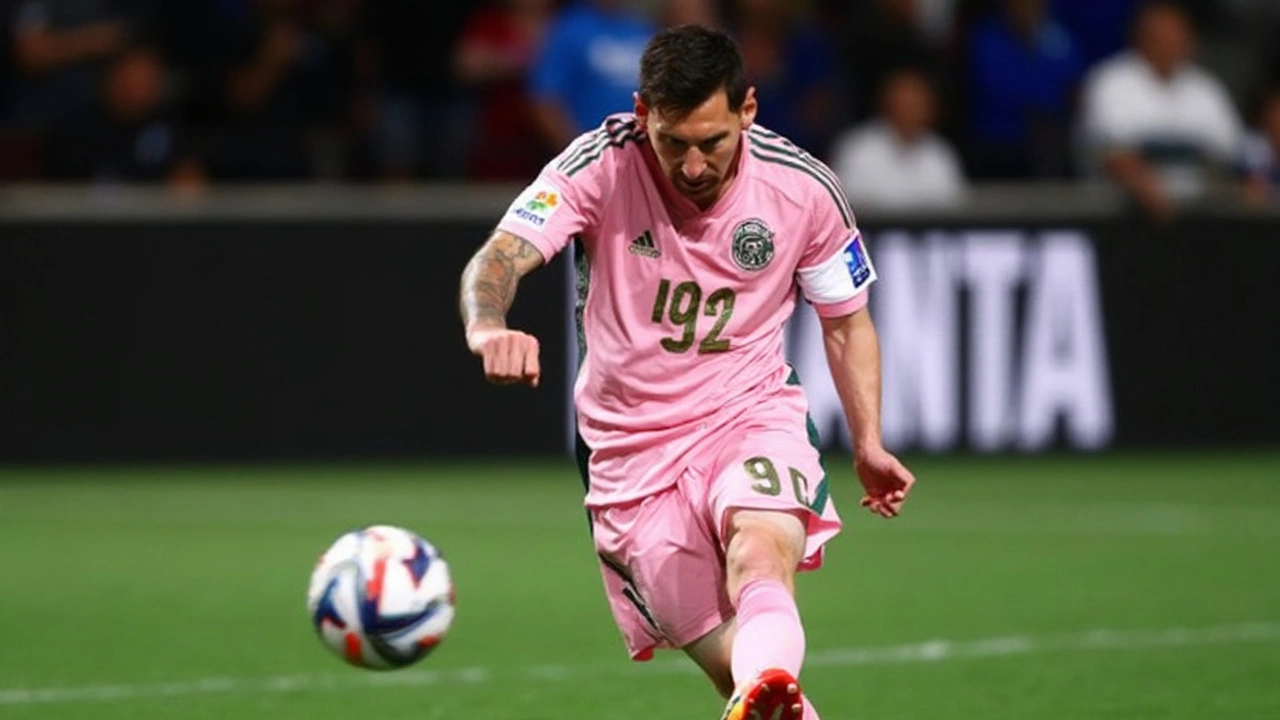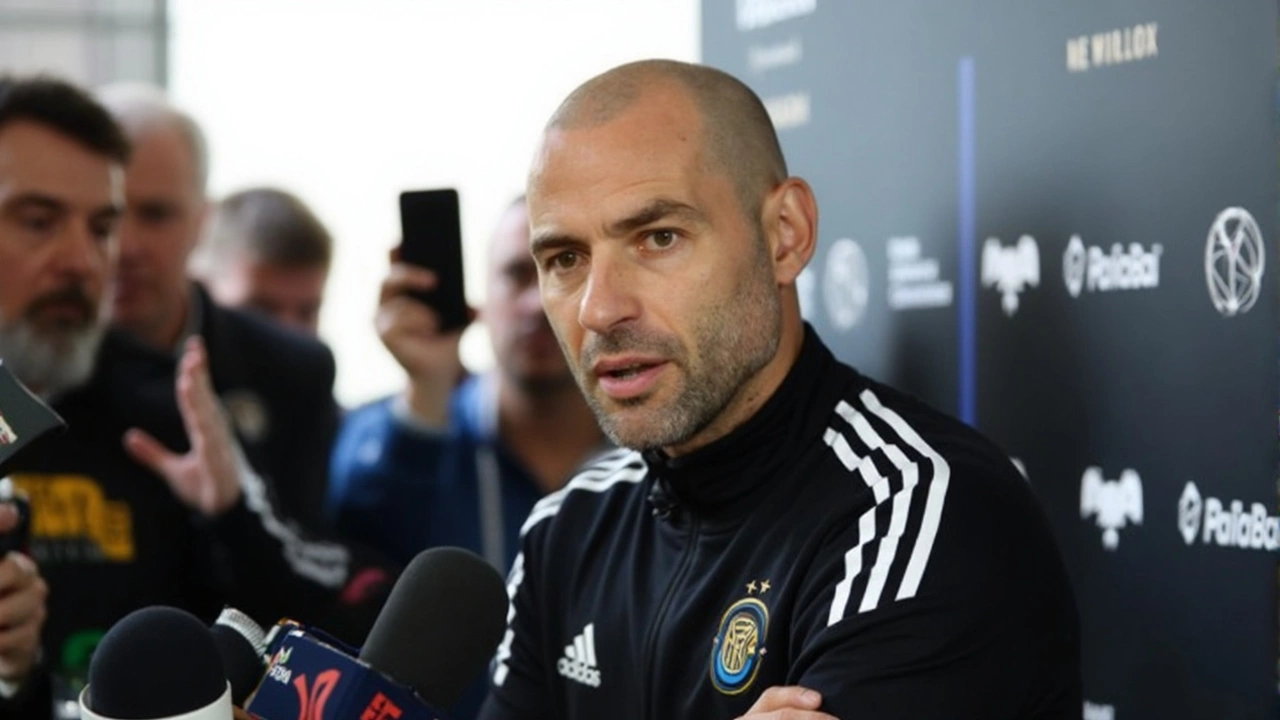Drama, Odds, and Group Stakes: What Made a Draw the Smart Bet
If you like betting with your head and not just your heart, the Inter Miami vs. Palmeiras tie at the FIFA Club World Cup was a textbook example of why. Before kickoff, plenty of folks were looking at a draw as the most logical outcome. It wasn’t just blind luck—it was a mix of two explosive attacks, group-stage tension, and a neutrally charged stadium atmosphere that could tip either way. The game gave us a 2-2 standoff, ticking the key betting boxes and showing once again how game theory and football go hand-in-hand.
Start with the talent up front. For Inter Miami, having Luis Suárez prowling the box alongside Tadeo Allende always means trouble for opponents. Palmeiras, meanwhile, put their faith in Paulinho and the electric Maurício. Both teams didn’t just have firepower—they had balance across the pitch, with each side fully capable of overturning a deficit. Any betting preview worth its salt saw quick goals and end-to-end action as likely as a midday Miami thunderstorm.
But it’s not all about putting the ball in the net. You’ve got to factor in the mental gymnastics teams play with Club World Cup qualification on the line. In these group-stage deciders, neither side wants to lose ground. Take too many risks and you’re out; play too negative and you still might get punished. The result? A match where both teams threw jabs, but always with one eye on that safety-first approach. The big tension played out exactly as predicted—with both squads hedging their bets instead of rolling the dice.

Inside the Tactics and Betting Markets
Let’s break down why so many smart bettors zeroed in on the draw market, which was floating at enticing 3.50 odds. This wasn’t wild speculation. Palmeiras had been showing cracks in defense lately, but Inter Miami’s home advantage was slightly muted by the obvious surge of away supporters. It all fed into that unpredictable harmony you sometimes get in big tournaments, where attacking instincts are matched by calculated caution.
The game itself wrote its own drama. Suarez, true to reputation, delivered a moment of vintage class with a 65th-minute solo goal—if you took the 'Suárez to score' prop, you were grinning. But the real fireworks came late, when Palmeiras turned up the heat. Paulinho’s strike in the 80th minute leveled it, before Maurício completed the comeback seven minutes later, ensuring the draw held up as the dust settled. Anyone who rode the 'over 2.5 goals' bet was paid handsomely, as both teams found their groove offensively without forgetting their larger group ambitions.
- Inter Miami leaned into Allende, Suárez, and the reliability of Callender at the back.
- Palmeiras balanced the youthful energy of Endrick with veterans like Paulinho and Maurício, and the steady hand of Weverton in goal.
By the time the final whistle blew, both clubs had safely punched their tickets to the next round, with Palmeiras nudging ahead thanks to goal difference. The action, tension, and result all perfectly echoed what so many betting previews had predicted, underscoring just how key tournament dynamics and tactical realism are when making a call on where to put your money. Late drama and group-stage calculation—it’s a combination football fans (and bettors) can’t ever seem to get enough of.
